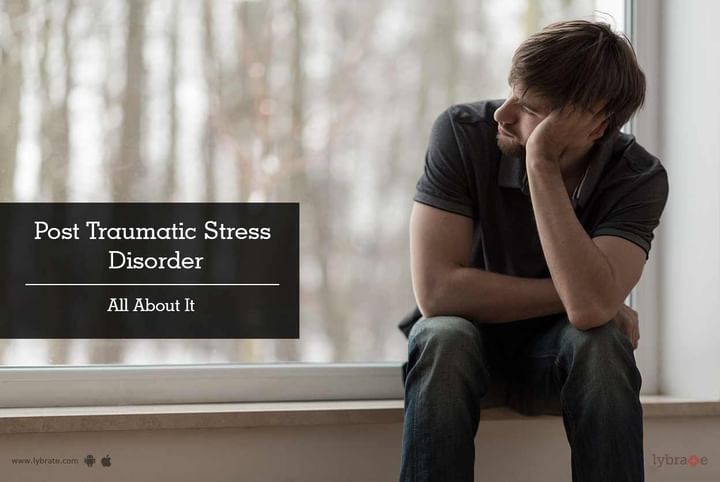Post Traumatic Stress Disorder: All About It
A particularly stressful situation or event that has created terror or been overly dramatic or dangerous can lead to stress and anxiety long after the individual has physically come out of the situation. This kind of a traumatic condition is usually what characterises Post Traumatic Stress Disorder (PSTD).
In simple words, PTSD is a neurological disorder which affects individuals after experiencing severe traumatic situations.
Symptoms of PSTD:
- Mood symptoms: mood swings are the most common outcome of these symptoms. The patient may experience a complete lack of enthusiasm and drive to indulge in activities like hobbies and socialising. Also, the patient may end up harbouring feelings of negativity towards family, friends and strangers, besides going through phases of guilt and self blame for the occurrence of the traumatic event.
- Re-experiencing symptoms: these symptoms include flashbacks and life like re-imagination in the form of dreams and nightmares. In many cases, the patient may remember and re-experience the entire scene or series of events that have led to the trauma in the first place. This can be triggered by a memory or association with words, events and other such things that have to do with the memory of the traumatic episode.
- Arousal symptoms: arousal or reactivity symptoms may trigger the same reactions that the person showed during the traumatic experience. These may include being on edge constantly in anticipation of a reoccurrence, or even getting startled by the slightest thing since the mind is already occupied with thoughts of the event, constantly. Anger and emotional outbursts may also be caused due to these symptoms.
- Avoidance or rumination: Those suffering from PTSD avoid being reminded of the trauma, such as people, situations or circumstances associated with the event. They try to suppress memories associated with the event.- Many others ruminate excessively and prevent themselves from coming to terms with it.
Duration of PSTD: PSTD usually lasts up to six months. Yet, there are cases where it lingers on and requires treatment for some particular types of symptoms or behavioural changes.
Treatment for PSTD: Mindfulness meditation (not a treatment option) helps in recognizing cognitive dissonances and affected thought patterns and aids in recognizing and overcoming their influence. Other therapies, including Cognitive behavioral therapy (TF-CBT) and eye movement desensitization and reprocessing (EMDR) are also done depending on the patient's condition.



+1.svg)
